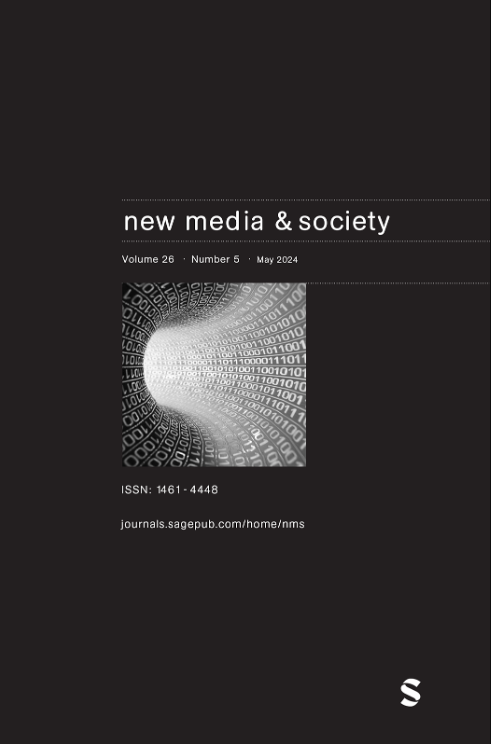与错误信息的说服力作斗争:预警与揭穿重访
IF 4.3
1区 文学
Q1 COMMUNICATION
引用次数: 0
摘要
我们认为,对错误信息干预的研究过于关注信息结果(例如,错误信息的感知准确性),而对说服性结果(例如,推断的信念、态度、意图和行为)的关注太少。由于对信息结果的关注,常见的错误信息干预(即预警和揭穿)尚未系统地测试其减轻说服效果的能力。在两个预注册实验(N = 657和N = 427)中,我们测试了预警与揭穿积极和消极错误信息的有效性,重点关注态度和行为意图作为结果测量。结果表明,正如假设的那样,曝光后纠正在减少错误信息的说服效应方面是最有效的;曝光前校正实际上并不能显著降低说服效果。我们也证实了先前的发现,特别是负面错误信息的影响是抵制纠正。根据我们的研究结果,我们建议媒体不仅要依赖预警,还要在用户曝光后纠正错误信息。本文章由计算机程序翻译,如有差异,请以英文原文为准。
Combatting the persuasive effects of misinformation: Forewarning versus debunking revisited
We posit that research into misinformation interventions puts too much focus on informational outcomes (e.g. perceived accuracy of misinformation), and too little on persuasive outcomes (e.g. inferred beliefs, attitudes, intentions, and behaviors). Because of the informational outcome focus, common misinformation interventions (i.e. forewarning and debunking) have not been systematically tested for their ability to mitigate persuasive effects. In two preregistered experiments ( N = 657 and N = 427), we tested the effectiveness of forewarning versus debunking for positive and negative misinformation, focusing on attitudes and behavioral intentions as outcome measures. Results show that, as hypothesized, post-exposure corrections are most effective in reducing misinformation’s persuasive effects; pre-exposure corrections in fact do not significantly reduce persuasive effects. We also corroborate prior findings that especially effects of negative misinformation are resistant to corrections. Based on our results, we advise media outlets to not only rely on forewarnings, but to also correct misinformation after user exposure.
求助全文
通过发布文献求助,成功后即可免费获取论文全文。
去求助
来源期刊

New Media & Society
COMMUNICATION-
CiteScore
12.70
自引率
8.00%
发文量
274
期刊介绍:
New Media & Society engages in critical discussions of the key issues arising from the scale and speed of new media development, drawing on a wide range of disciplinary perspectives and on both theoretical and empirical research. The journal includes contributions on: -the individual and the social, the cultural and the political dimensions of new media -the global and local dimensions of the relationship between media and social change -contemporary as well as historical developments -the implications and impacts of, as well as the determinants and obstacles to, media change the relationship between theory, policy and practice.
 求助内容:
求助内容: 应助结果提醒方式:
应助结果提醒方式:


